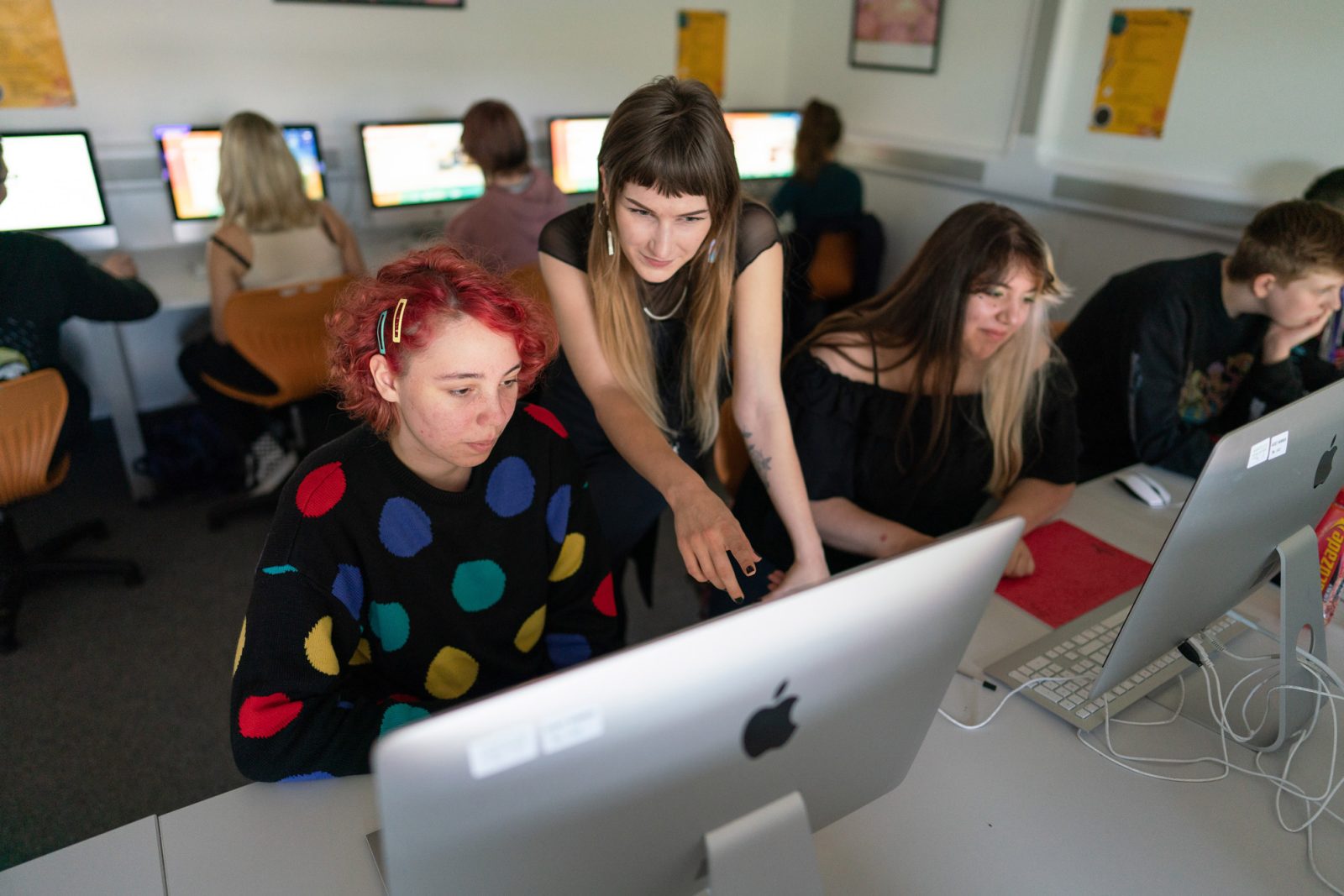What is a Young Carer?
(Definition from the Carers Trust) A young carer is someone aged 25 and under who cares for a friend or family member who, due to illness, disability, a mental health problem or an addiction, cannot cope without their support. Older young carers are also known as young adult carers and they may have different support needs to younger carers.
What might a Young Carer do?
- Practical tasks, like cooking, housework and shopping.
- Physical care, such as helping someone out of bed.
- Emotional support, including talking to someone who is distressed.
- Personal care, such as helping someone dress.
- Managing the family budget and collecting prescriptions.
- Helping to give medicine.
- Helping someone communicate.
- Looking after brothers and sisters.
Young Carer numbers:
- The 2011 Census identified 177,918 young carers in England and Wales. One in eight of those were aged under eight.
- This is widely believed to be the tip of the iceberg, with some estimates suggesting that as many as one in five schoolchildren are young carers (University of Nottingham 2018), with this number increasing during the COVID-19 pandemic.
The impact of being a Young Carer:
- Young carers are already likely to have significantly lower educational attainment than their peers.
- With the added complications of COVID-19, young carers have missed out on even more school than before and urgent support is needed if they are not to be left behind their peers.
- Caring can also be an isolating experience but having the right support in place can give young carers a better chance of succeeding in all parts of their lives.
Young Carer Lead Duties & Responsibilities
Operational Lead
- Develop a whole school commitment regarding the identification and support of pupils who are young carers and reflecting safeguarding requirements to display on the school website, intranet and noticeboard.
- Establish and ensure targeted interventions are available to pupils, including young carers, for example, homework/coursework support; emotional support; health support; peer mentoring or peer support groups.
- Establish a timetable of drop-in sessions and/or surveys for young carers to ensure they are listened to.
- Develop and maintain young carer material on staff noticeboards and intranet which highlights disability and young carer issues, how staff can identify and signpost young carers, and displays the whole school commitment to young carers and their families.
- Develop and maintain a pupil noticeboard and online information highlighting disability and young carer issues, support available and how to contact the Young Carers’ School Operational Lead.
- Provide ad-hoc support and advice to staff about how to support young carers in their quality first teaching and, where appropriate, targeted interventions.
- Ensure pupil noticeboards also contain information signposting young carers to other resources for example details of local young carers’ service, school nurse support and emotional support
Strategic Lead
- Develop and maintain up-to-date knowledge about issues relating to young carers and their families, as well as relevant national and local developments, including changes in legislation and guidance.
- Conduct a baseline review of the school’s provision for young carers and their families and create a clear action plan to be agreed with the Senior Leadership Team
- Report strengths, weaknesses and recommendations to the SLT ensuring that staffing and resource needs are highlighted.
- Ensure the school flags identified young carers on its internal management system.
- Deliver regular assemblies to raise awareness of young carer issues and which incorporate positive messages of disability/illness (including mental illness, substance misuse and HIV).
- Work with relevant colleagues to ensure related aspects of the curriculum, for example. PSHE include teaching that explores the roles and responsibilities of young carers, promotes positive images of disability and challenges stereotypes.
- Provide families with information about young carers issues, available support and how to contact the Young Carers School Operational Lead.





